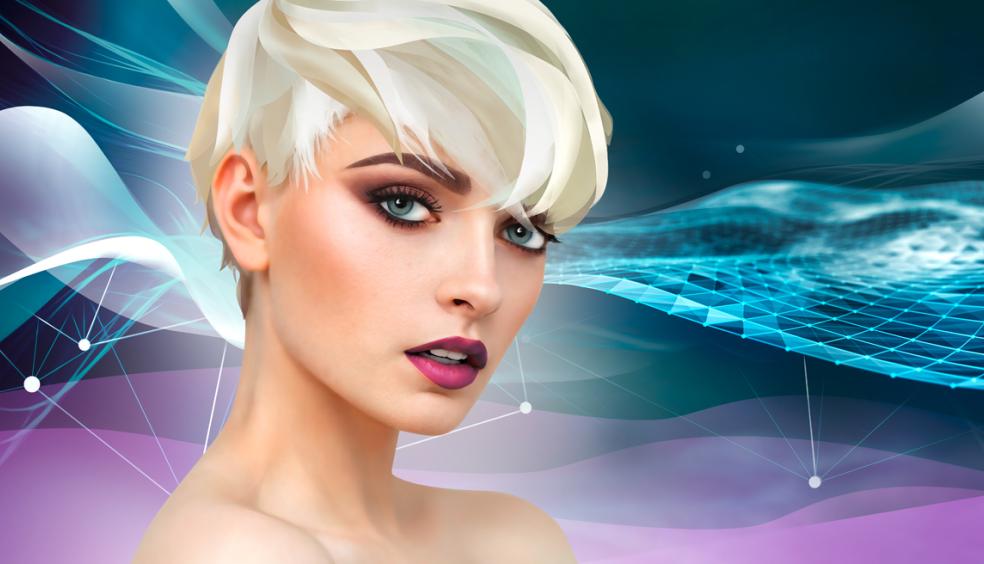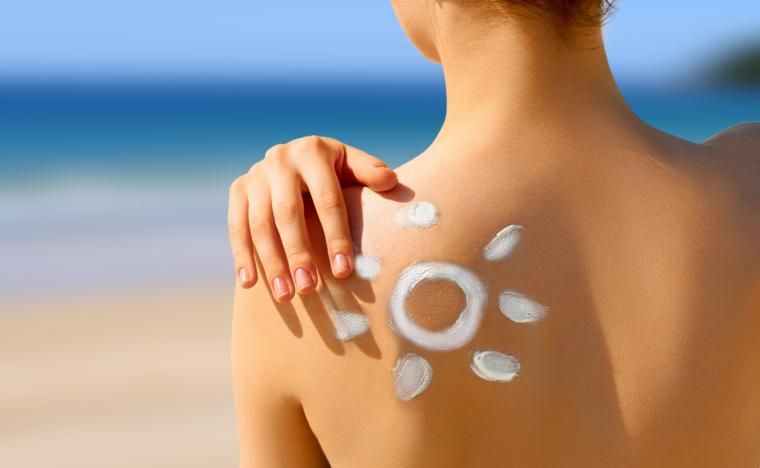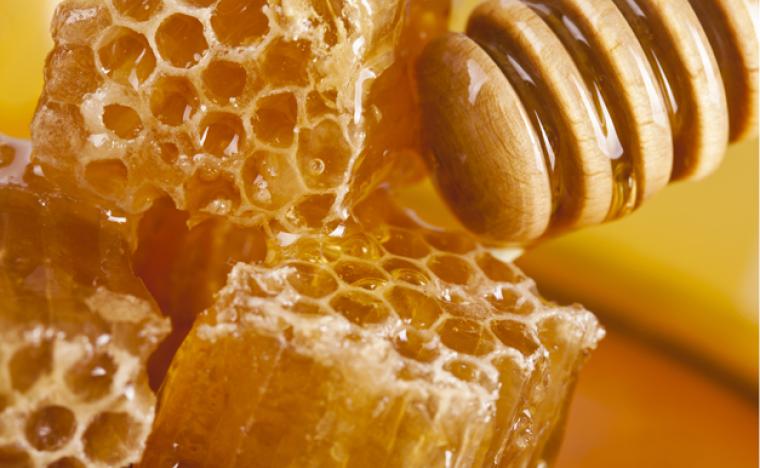The Retinol Hype
Not new, but hotter than ever: Retinol in skincare is facing a real hype, and the demand for plant-based alternatives is increasing.
Retinol, or vitamin A1, is a fat-soluble vitamin that is important for humans.
Vitamin A includes a variety of substances that have similar effects in the body. The best known of these is retinol, which is often (incorrectly) equated with vitamin A. There are also precursors of vitamin A, so-called provitamins, which the body can convert into vitamin A.
Retinol and structurally related molecules of the group of retinoids are important for many biological processes, including cell growth and cellular differentiation, and thus wound healing, barrier function and the maintenance of the skin in general. They naturally occur in human organs including the skin. Consequently, retinol is also very popular in skincare.
Cosmetic launches with retinol have increased very strongly in the last 5 years, which shows that the demand is there and continues to increase. It is also interesting to see that retinol is no longer only used by niche and luxury brands, but also by mass market and private label.
Topically applied, retinol provides strong anti-aging properties and are used to treat skin disorders such as acne, psoriasis and ichthyosis.
Often referred to “the best anti-aging ingredient”, the powerhouse ingredient has anti-aging, anti-inflammatory, antioxidant, anti-microbial properties, and anti-acne properties.
Studies regularly confirm the positive effects of retinol on the skin's appearance: it smoothes and refines the complexion, strengthens the skin's structure and helps against sun-induced pigmentation spots. It also stimulates the formation of collagen and thus ensures a firm and elastic connective tissue.
Even thoug it is very potent, the active ingredient is not suitable for everyone: Due to the peeling effect of the acid, it can cause skin irritation in sensitive skin. Retinol can also make the skin more sensitive to light, because the peeling effect removes the top layer of horny layer and thus the natural sun protection. Retinol can cause skin dryness and irritations and increases the skin’s sensitivity to sunlight.
Further retinol is not stable in cosmetic formulations. Derivatives (retinaldehyde, retinyl palmitate) are more stable, but perform much worse in terms of activity. Retinoic acid, the most important active metabolite of retinol, is highly irritative à not allowed to use in cosmetics.
This has led to a high demand on the market for plant-based, more gentle alternatives to retinol with similar effects.
Mibelle Biochemistry developed a new active with retinol-like activity based on mastic: NovoRetin™, a plant-based, stable and safe alternative to retinol.
Mastic is an aromatic resin from the bark of a tree that grows only on the Greek island of Chios. NovoRetin™ is able to increase the amount of naturally occurring retinoic acid in the skin, leading to retinol-like effects without the need to apply retinoids topically on the skin.
As a unique all-in-one product, it increases skin density and elasticity, reduces pore size and wrinkles, refines skin texture, and creates a smooth and matte finish.










